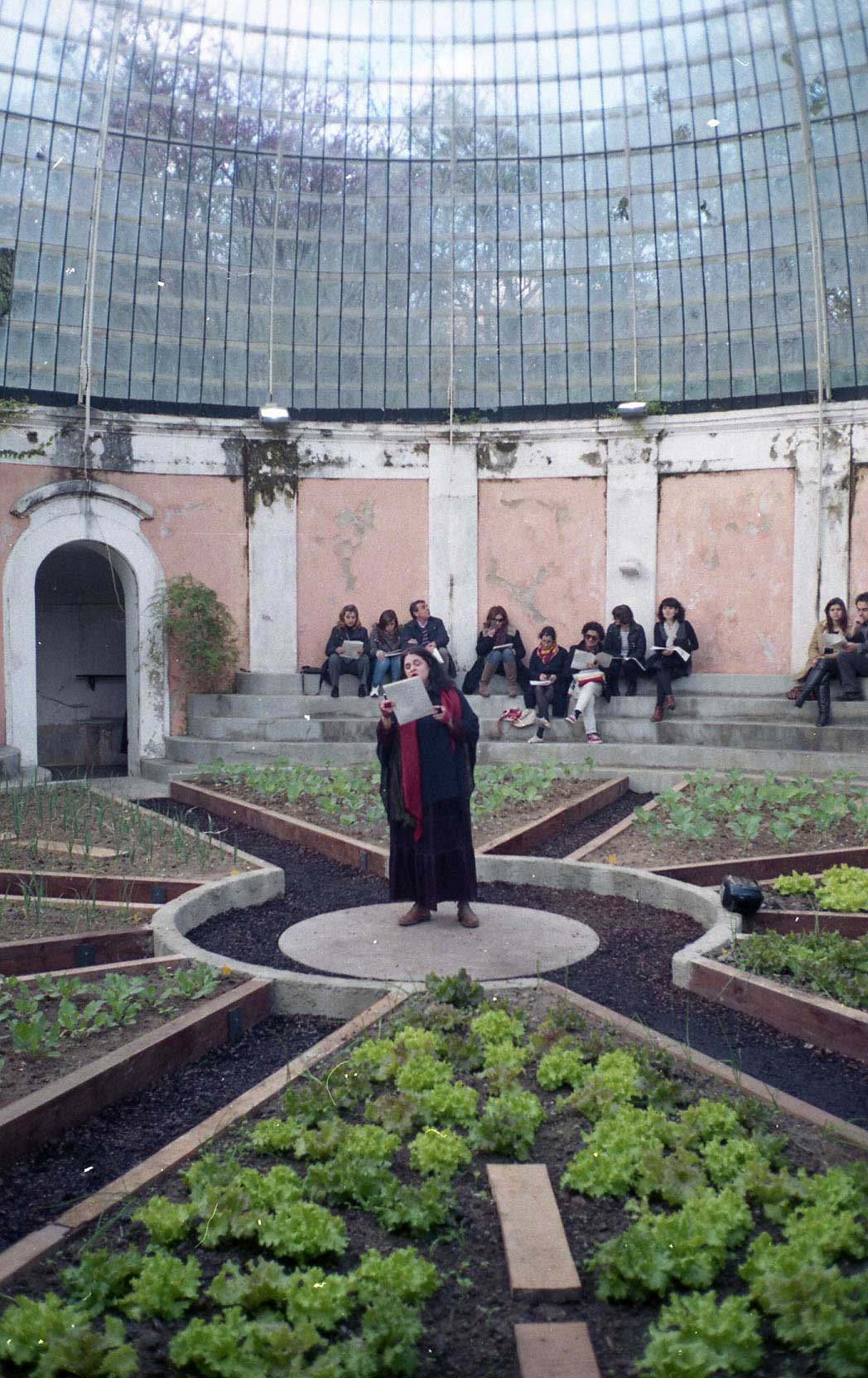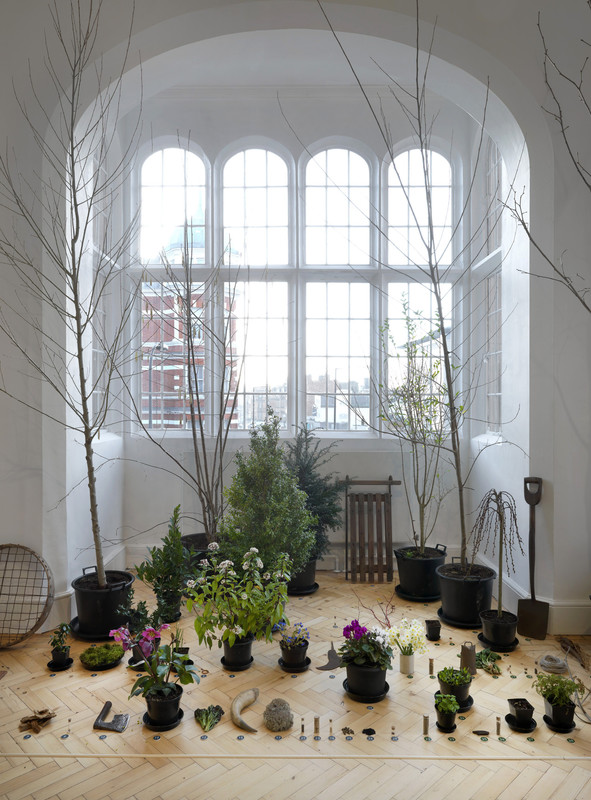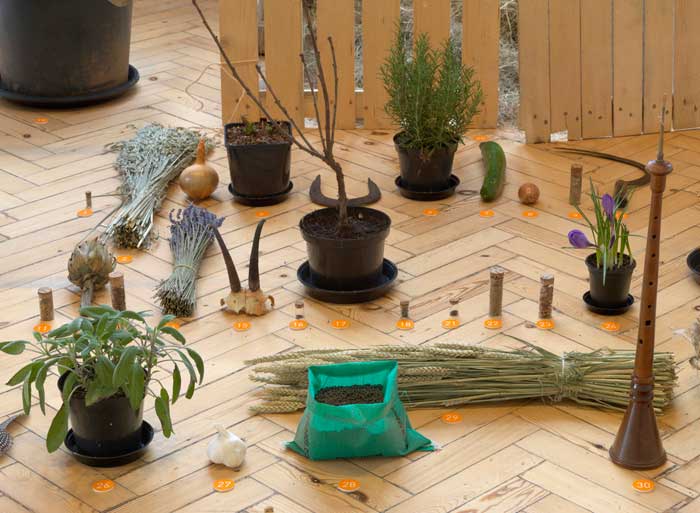In commemoration of National Botany Day, celebrated on April 18th, Fundação Bienal de São Paulo and Instituto de Botânica held the event Live uncertainty: approximations between contemporary art and botany at the 32nd Bienal. The meeting marked the beginning of a partnership between the Bienal and the institute, in order to disseminate contemporary art and discussions introduced by the project for the 32nd edition, which required contributions from botany specialists and their knowledge of plants, the acquisition of species, life forms from other kingdoms and controlled environments for the survival of crops, among other aspects.
.jpg)
Event ‘Live uncertainty: approximations between contemporary art and botany at the 32nd Bienal’ ©Pedro Ivo Trasferetti / Fundação Bienal de São Paulo
Arts feeds off of uncertainty
Starting with a contextualization of the importance of the notion of uncertainty for the 32nd Bienal de São Paulo, the event focused on the relevance of embracing botany through five projects developed by artists participating in the exhibition: Carla Filipe (Portugal), Ruth Ewan (UK), Pia Lindman (Finland), Nomeda and Gediminas Urbonas (Lithuania/USA) and Rikke Luther (Denmark).
 Saloio (2011) performance and installation composed of vegetables, wood and earth. Creation of the 32nd Bienal’s participating artist Carla Filipe and performed by singer Amélia Muge in Tapada das Necessidades Greenhouse, Lisbon
Saloio (2011) performance and installation composed of vegetables, wood and earth. Creation of the 32nd Bienal’s participating artist Carla Filipe and performed by singer Amélia Muge in Tapada das Necessidades Greenhouse, Lisbon
Cultivation of vegetable-gardens, occupation of public space, migration, extinction, purifying properties, non-conventional edible plants, agriculture and conceptions of time, mycelium, mycetozoa are themes of the artistic projects in progress
 Back to the Fields (2015) by artist Ruth Ewan in Camden Arts Centre, United Kingdom ©Marcus J Leigh
Back to the Fields (2015) by artist Ruth Ewan in Camden Arts Centre, United Kingdom ©Marcus J Leigh
Up for discussion were the poetic importance of the projects in progress which address such themes as the cultivation of vegetable-gardens and the occupation of public space in cities; migration, extinction, the purifying and curative properties of vegetable species; non-conventional edible plants; the relationship between agriculture and conceptions of time; the use of mycelium in the “cultivation” of living objects for utilitarian and decorative purposes; mycetozoa and its potential as a model of ecological intelligence.
This is not the first time that the Bienal has partnered with the Instituto de Botânica. The institution was responsible for acquiring on loan the palm trees used in the work conceived by Argentine artist Rirkrit Tiravanija for the 27th Bienal de São Paulo – How to live together (2006). Titled Palm Pavilion, the installation, a recreation of Jean Prouvé’s Maison Tropicale, is now part of the collection at the Instituto Inhotim.
